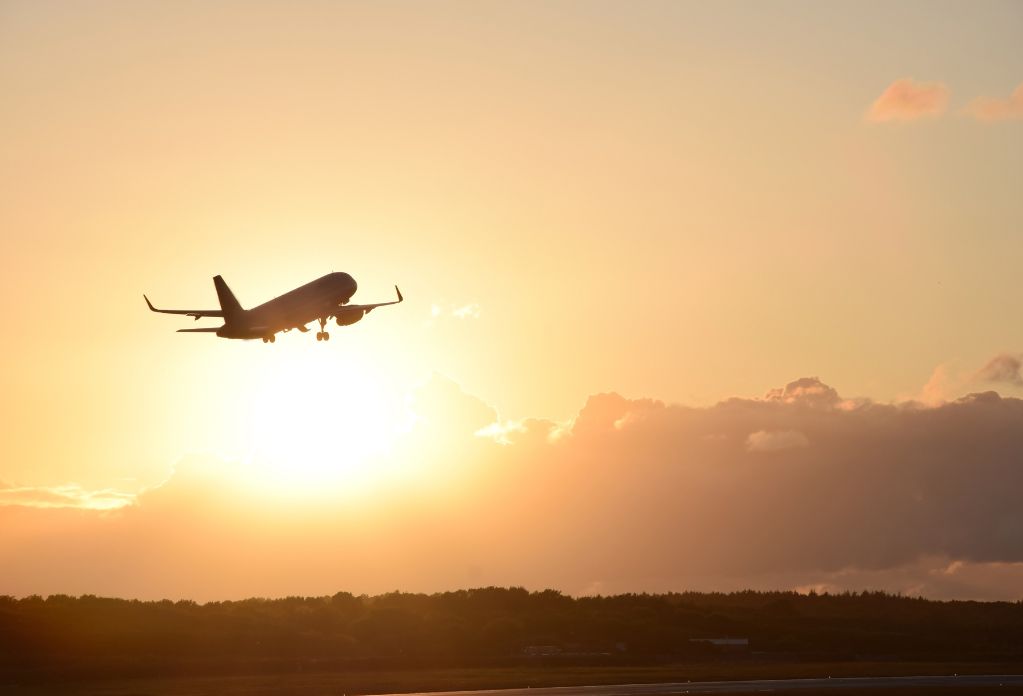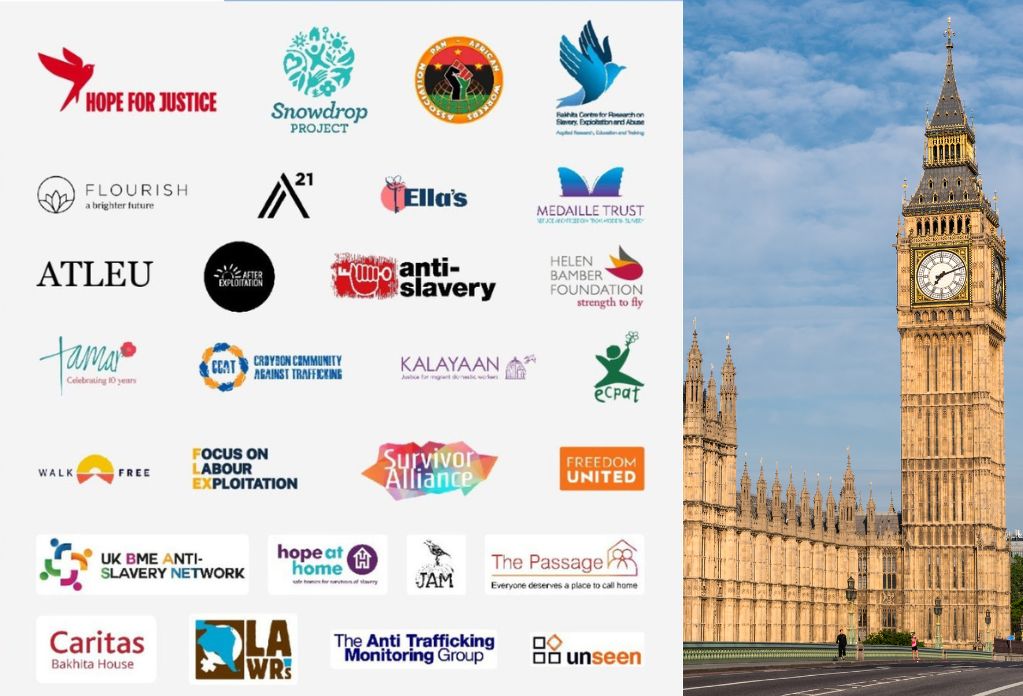
We are deeply concerned with the passing of the Rwanda Bill on 22 April 2024.
Officially becoming law on 25 April 2024 after it received royal assent, this new legislation, now known as the Safety of Rwanda (Asylum and Immigration) Act, raises serious concerns for the safety and wellbeing of survivors of modern slavery who are forced to enter the UK via irregular means.
Yet, despite repeated warnings from anti-slavery experts about its potential negative impact, the Act was passed without any consultation with the very sector most familiar with the complexities of modern slavery and the needs of survivors.
In response, Unseen, alongside 27 other anti-slavery organisations, has written an open letter to UK Prime Minister Rishi Sunak expressing our deep concern.
The letter calls for Government to instead work with experts to develop a humane and truly effective anti-slavery strategy. Read our letter below.
What is the Safety of Rwanda Act?
The Safety of Rwanda Act is part of a wider government strategy aimed at deterring irregular migration.
Under the Act, victims of modern slavery arriving by small boats will now be detained, denied access to vital support services, and deported to Rwanda.
The Act has been met with widespread condemnation from anti-slavery groups, who argue it undermines existing protections for survivors of modern slavery. This includes a legal analysis of the then Bill by the Modern Slavery and Human Rights Policy and Evidence Centre.
Their analysis concluded that the Rwanda Treaty and the Safety of Rwanda Bill violates the UK’s international legal obligations on modern slavery and human trafficking. These obligations fall under the European Convention on Human Rights and the Council of Europe Convention on Action against Trafficking in Human Beings.
Similarly, the 2023 US State Department report concluded that Rwanda, a country with a poor track record on human rights, lacks the necessary infrastructure to handle cases of modern slavery effectively.
Despite these multiple warnings and without addressing any of these serious concerns, on 15 April 2024, the Government rejected calls to exempt victims of modern slavery from the scheme, opting instead for an annual report on the Act’s impact.
How does the Safety of Rwanda Act endanger survivors of modern slavery?
The Safety of Rwanda Act turns a blind eye to the desperate circumstances that force vulnerable survivors of modern slavery to enter the UK in small boats. Unseen has witnessed the heartbreaking reality – countless survivors who have already endured unimaginable hardship, endure further years of exploitation in the UK.
With no safe and legal routes available, they become easy prey for traffickers who target and coerce them into a life of servitude, using deportation threats as a method of control.
The Act not only disregards these complex realities but creates a breeding ground for further exploitation. It opens the door for traffickers to use deportation to Rwanda as another tool to control and exploit their victims.
Andrew Wallis, CEO of Unseen, says: “Linking modern slavery and immigration control is harmful.
“The Rwandan Act weakens protections for refugees and slavery survivors, making it harder to identify them, access support, and avoid exploitation. Deterrence policies won’t stop human trafficking and punishing survivors is deeply problematic.”
Adding to the urgency, The Guardian has claimed that the Home Office plans to begin a two-week operation to detain asylum seekers, including vulnerable survivors of modern slavery, across the UK, weeks earlier than expected, in preparation for deportation to Rwanda.
These individuals will be placed in overcrowded detention centres, with little to no time to access legal support or process the trauma they’ve already endured. They’ll be held there until they’re forcibly deported to Rwanda.
This expedited process guarantees they will miss out on critical support services they desperately need to recover from their ordeal and rebuild their lives.

The anti-slavery sector’s open letter
Unseen, alongside other anti-slavery organisations, has written an open letter to Prime Minister Rishi Sunak urging a reversal of the Act.
The letter calls for a more effective anti-slavery strategy that prioritises the safety and wellbeing of modern slavery survivors.
Read our full letter below.


